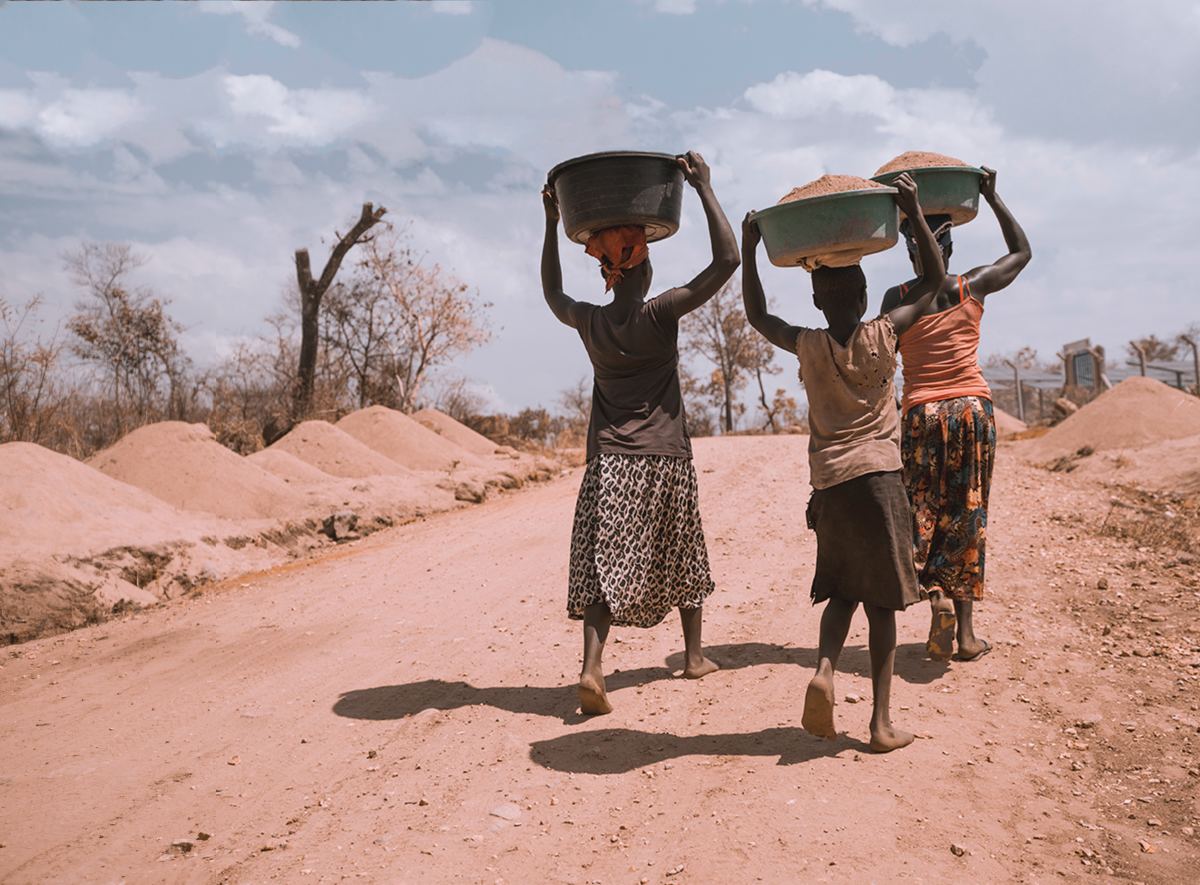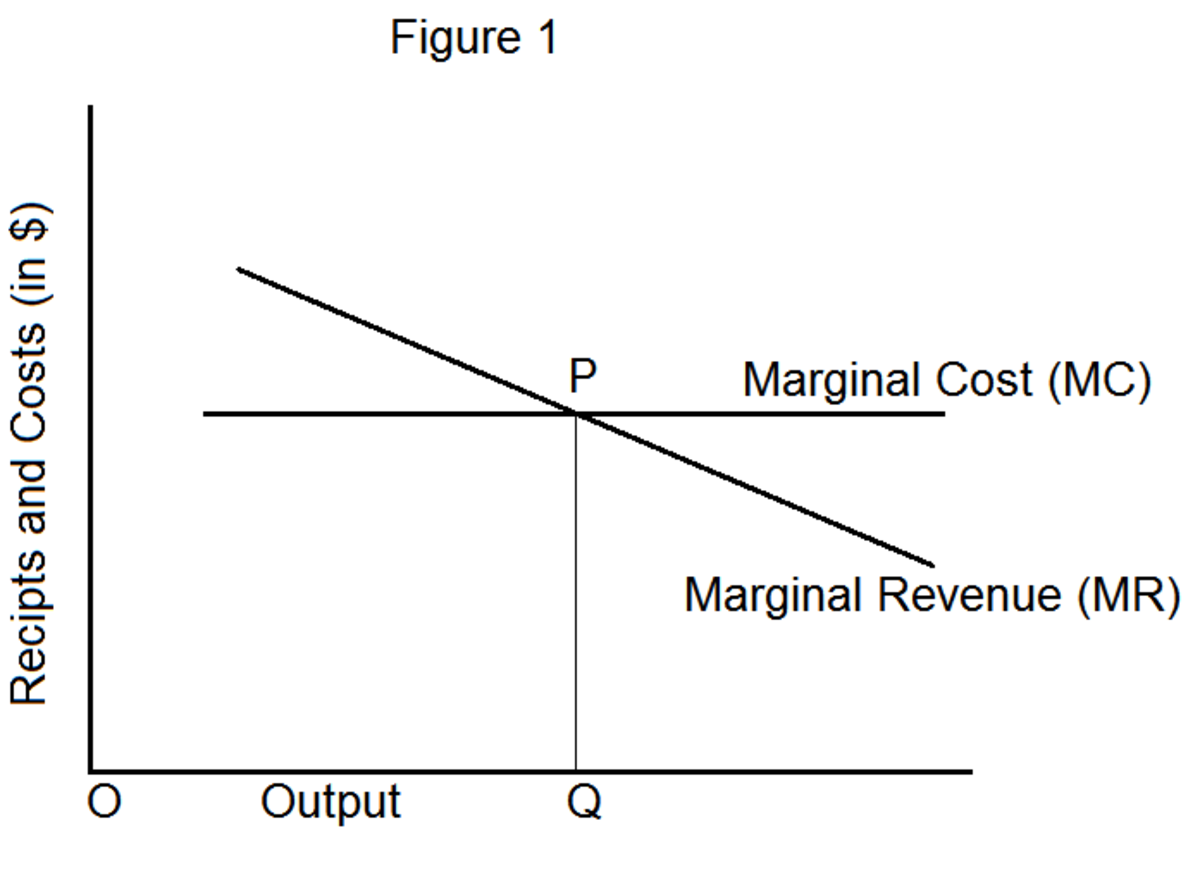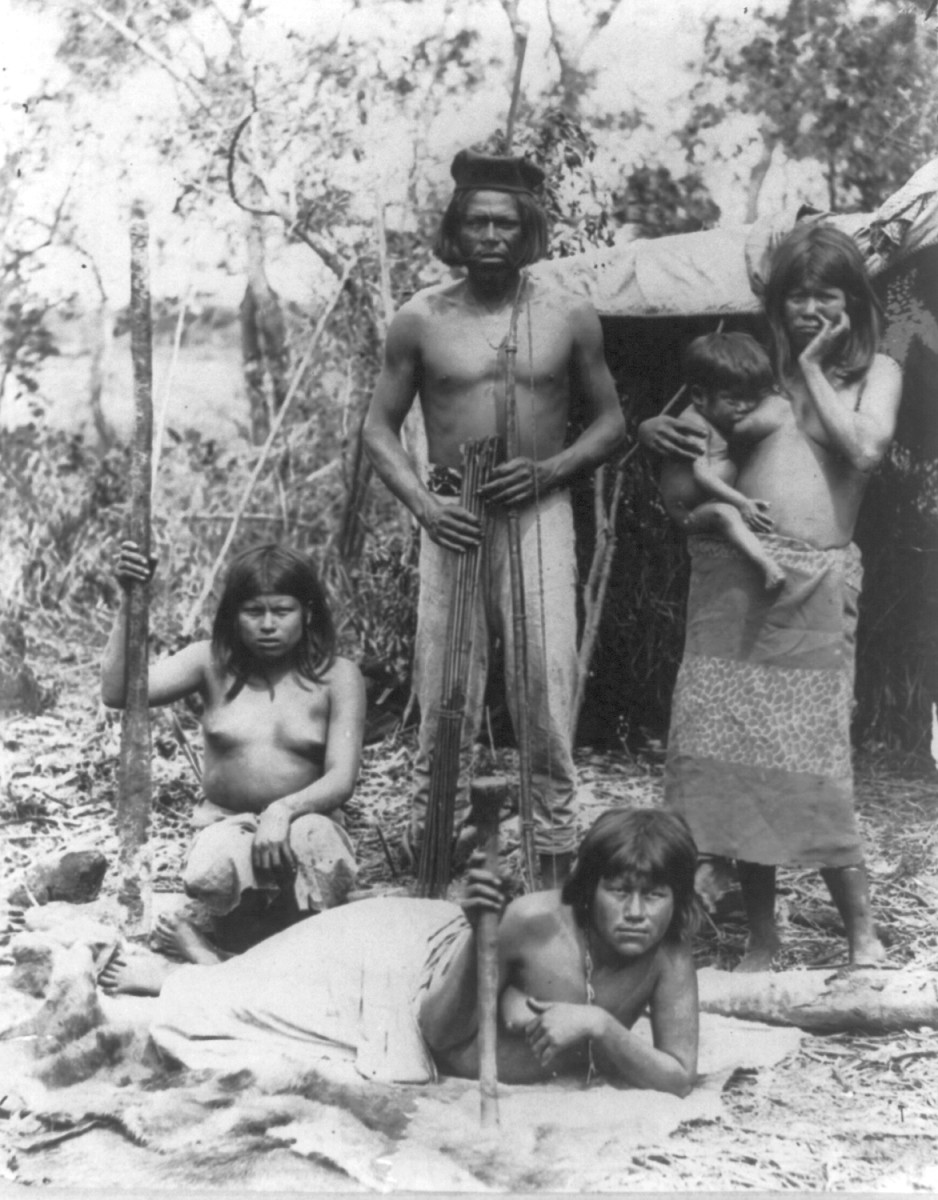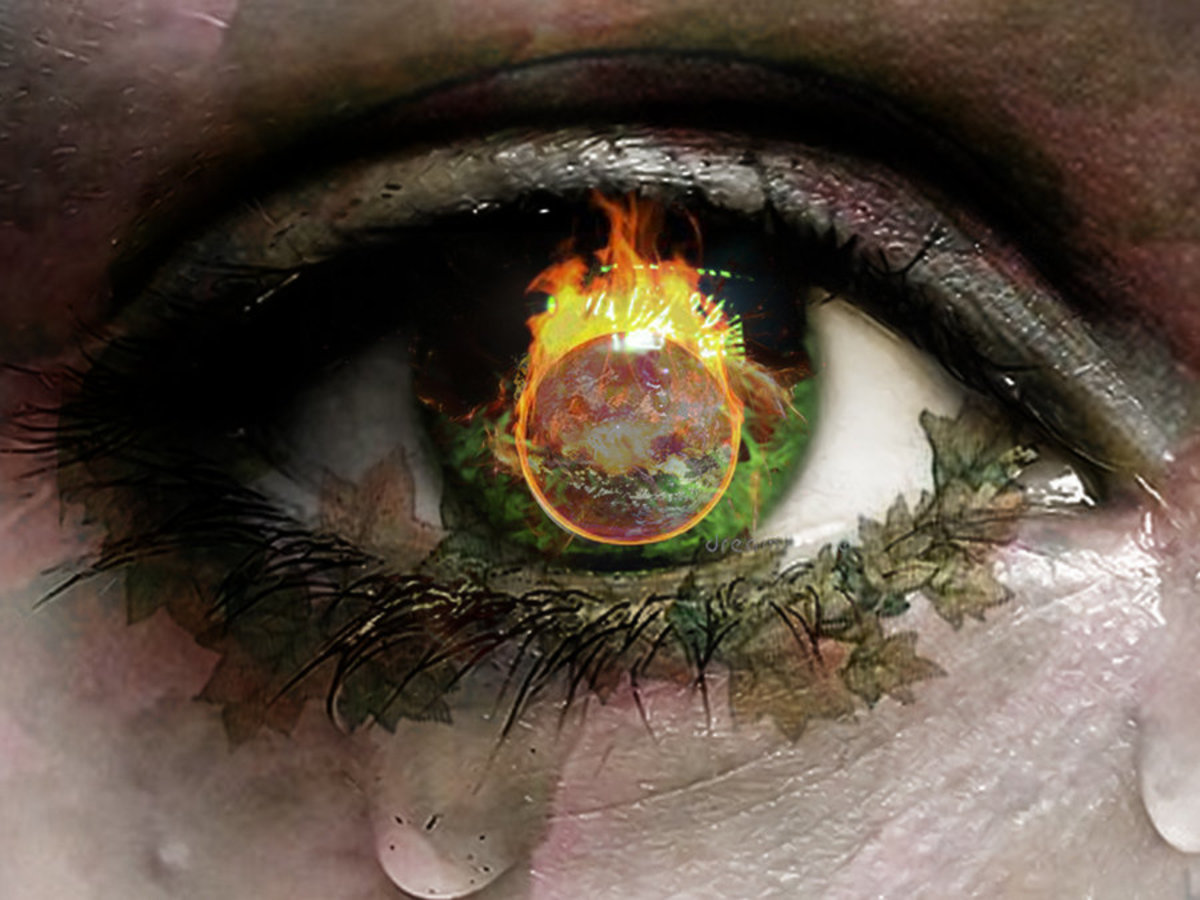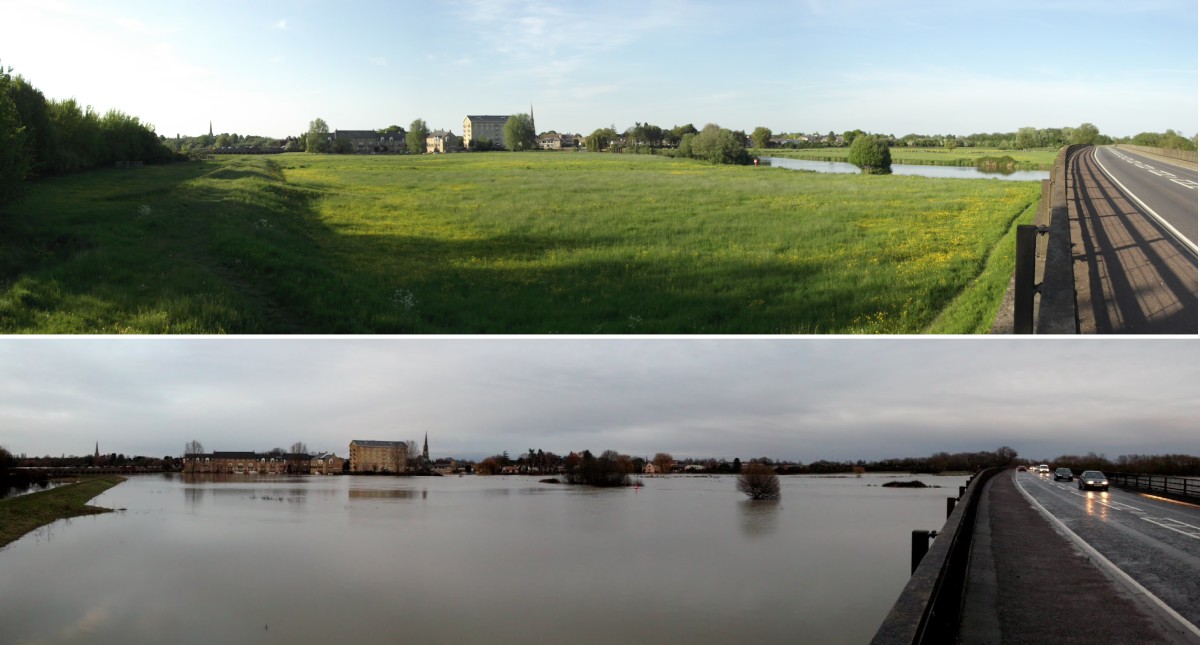The Monopoly of Monocultures: The Sins of Giant Corporation Farming
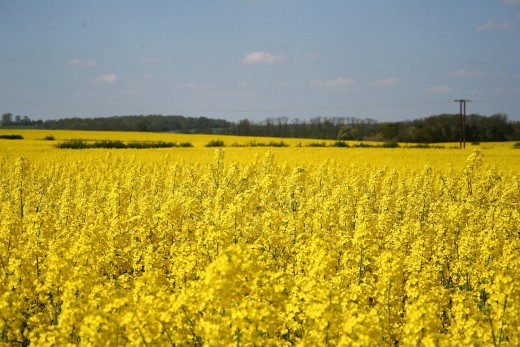
A Continuation of Vandana Shiva's The Stolen Harvest
Vandana shiva, an Indian environmental activist, works hard in her book Stolen Harvest to remind the world of its own purpose, to care for itself and its inhabitants. Obviously, this means society must feed itself but also sustain itself and look forward to progress. The tragic irony that stirs Shiva is the way we delude ourselves into pitting one against the other. The mass production of food, or more specifically the means by which crops are mass produced. As the average American may not know and Shiva knows all too well, to obtain such huge quantities of certain crops that we see today, agricultural companies plant the same crop on such a widespread scale that it creates problems economically, environmentally, and ethically; corrupting any good these monocultures may produce. “ Industrial agriculture promotes use of monocultures because of its need for centralized control over production and distribution of food . In this way monocultures and corporate monopolies reinforce each other” Shiva (80). What Vandana Shiva is getting at, or rather, got to poignantly, is that the planting of a single crop in a vast area gives companies the quantity to drown out competitors and become the single vendor, or nearly so of a particular crop. Without biodiversity, corporations use all available resources to oversupply a crop, cut the prices below the local farmer and gain said monopoly. All competition is cut in a monopoly which directly causes huge sustained benefit for an otherwise unsustainable method and prolonged economic downturn for those smaller scale local farmers. Many of whom are much more organic and therefore beneficial to the environment. The eradication of monocultures and monopolies would result in the prosperity shared between smaller scale needier farmers and the soil and surrounding environment benefiting from the natural synergy that comes from mimicking the diversity of the wild.
Why companies like DuPont (DD) and Archer Daniels Midland use monocultures, besides the enormous monetary gain, is to focus resources in one specific venture in order to yield the highest results. Producing huge amounts of food is a product plan with which it is hard to argue, until the world begins to understand that what is good for the farmer, ultimately helps the most people. Shiva wants us to understand the claims giant agricultural companies make are not based in fact. The world hunger they claim to cure is a result of their very actions. The common person, the starving third world citizen, often loses employment and indeed their livelihood when they cannot grow their own produce or work on farms for reasonable wages. The fact that these companies produce food gives them the blanket to hide under, free from mass public judgement because of the product they produce. People forget , in the pursuit of of what sustains us, who the sustenance is ultimately for. To the developing world, and unlike the greater area of the western world, food is a focus, far apart from taste, and much more important. For the most of the developing world the main concern is whether or not food can be obtained; starvation is a real possibility. Focus must be preventing starvation and malnourishment for the long term. To properly sustain the global populations we must then focus on local production.
Obviously to produce within a local area immediately cuts transportation costs on a huge scale. Today, billions of dollars worth of fruits and vegetables are transported to China every year from The United States. Produce being shipped halfway around the world because, by mass, the Dupont crop is cheaper than the locally grown is a price paid simply because agricultural companies have found a way to profit enormously, justify their own ridiculously large scale, and drown out all competition.The practice itself is counterintuitive, but big agricultural companies have found it means to expand into monopolies and control the flow of crops to a certain extent. Economically unsound and environmentally as well. The fact that most crops being exported hundreds or thousands of miles, could be grown within a 20 minute drive away, makes all the pollution and resources used to transport crops further than that, an utter waste. Besides all other environmental and economic problems associated with monocultures, the waste that goes hand in hand with the transportation of these goods is a terror on its own.
In nature, plants and animals naturally grow next to one another because they benefit each other. Easier to understand than complex chemical exchanges or microscopic cleaning or symbiotic relationships that mutually benefit both parties, simple things like the bee’s pollination of flowers or ladybug’s eating of aphids are a natural product of planting different plants together. When we take away what is called biodiversity we not only remove plants that work together with the natural environment, by replacing nitrogen, phosphorus, or simply carbon, we exterminate or push away most existing animal and plant species which do some of the most important, be it trivial, tasks, like pollination and the oxygenation of soil, absolutely free. In fact, for humans reproduce the toil that bees do for us every year would cost us $20 billion (Shiva 14). Monocultures, though they are still plants, and do still turn carbon to oxygen, as Dupont loves to remind us, completely destroy a natural environment. By putting only the same plant where hundreds of other species once were, it endangers the fauna living there by loss of habitat but the flora is completely clear-cut and all possible benefits that come with the environment are cut along with it. Let us recall, that there is no better, more sustainable natural system, than the order set out for us by Planet Earth. Constantly, we see ecosystems produce animals and plants rare and unique because the environment is so specific. Not only do we lose all the benefits certain plants have, including as homes, in monocultures, we could lose certain species forever. Without care for where miles of crops will go animals we have yet to discover, species just starting a new evolutionary branch are at risk of being wiped out.
The amount of land used for monocultures, for them to remain profitable, is massive. So much so that agricultural companies use land otherwise worthless and dry, only made useable with the near constant pumping of millions of gallons of water. The stream is so constant that the soil becomes hard packed and less porous resulting in massive runoff and water waste.
Another atrocity, as the result of the enormous size required for monocultures is the “need” for pesticides. Because of the massive lack of diversity, and sheer quantity of crop, naturally insects and bacteria are drawn to the monocultures much more than a smaller farm with a bigger variety of plant. It’s the difference between finding a nugget of gold and an entire mine. An insect is drawn to a source with endless supply over an island of food, as all living things look the bigger supply. The sheer quantity of insects in constant interaction, consumption, of the product requires the grower to use cheap pesticides often. The combination of the two, the water runoff and large amounts of pesticides constantly on the ground, contaminates all coastline along surrounding rivers and eventually the ocean shore.
Monopolies come from the use of these environmentally unsound practices to produce a single crop in such quantity, it drives the prices of their product down so far a local farmer cannot compete. It puts the farmer out of business and subsequently everyone that depends on farmers for their income, i.e. suppliers and hired hand. Not only individuals, but communities, not in touch with places that actually do import the produce, are robbed of the products the farmer cannot grow and the money the farmer makes after selling his crop which can be used to provide for their family and stimulate local economy..
The use of monoculture in the world today is very common, much less common is the knowledge of its results. To educate the world we have common sense on our side. Against the argument is the need for change. It is hard to change practices that have been done for ages, by people who influence our very livelihoods. It makes sense that we change, all we must do is make it common knowledge, so that currently accepted practices become public outrage. We cannot continue sustain a global minority while allowing many others to be harmed and go hungry. We cannot sustain ourselves and not the world we live in.

